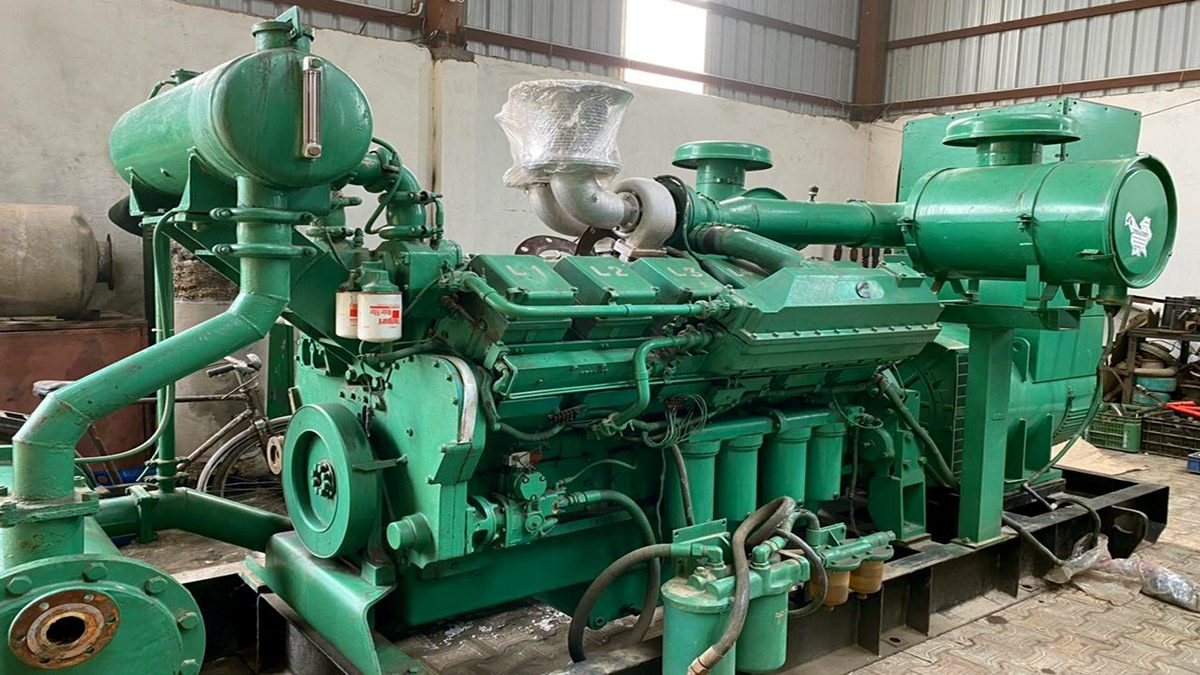In a concerted effort to combat air pollution caused by Diesel Generator (DG) sets, the Commission for Air Quality Management (CAQM) in NCR and Adjoining Areas has announced a set of revised regulations for their operation across all sectors in the National Capital Region (NCR). These regulations, designed to effectively prevent, control, and abate air pollution, mark a significant step forward in safeguarding the environment and public health.
Under the newly implemented Revised Schedule, industrial, commercial, residential, and office establishments in the NCR will be required to adhere to specific measures for the regulated operation of DG sets. The key highlights of the Revised Schedule include:
- Unrestricted Operation: Power generating sets of all capacities running on LPG, Natural Gas, Bio-gas, Propane, or Butane will face no restrictions, even during periods under the Graded Response Action Plan (GRAP).
- Limited Restrictions: Portable DG sets with a capacity below 19 kW will face minimal restrictions, except during GRAP periods when their operation will be prohibited.
- Dual Fuel Operation: DG sets with a capacity between 19 kW and less than 125 kW must operate in dual fuel mode, utilizing both Natural Gas and Diesel. During non-GRAP periods, there will be no restrictions. However, during GRAP restrictions, they will be permitted to run for a maximum of 2 hours per day, provided a log of operations is maintained, preferably in digital format.
- Emission Control Retrofit: DG sets with a capacity between 125 kW and less than 800 kW must operate in dual fuel mode and undergo retro-fitting of Emission Control Devices (ECDs) through certified vendors/agencies. These sets will face no restrictions, even during GRAP periods.
- Stringent Compliance: DG sets with a capacity of 800 kW and above must operate in dual fuel mode or employ other approved emission control devices/systems. Compliance with stack emission regulations is mandatory. Similar to the previous category, there will be no restrictions during non-GRAP periods, but during GRAP restrictions, they can operate for a maximum of 2 hours per day, with the obligation to maintain an operation log.
- New Set Standards: Newly procured power generating sets of all capacities up to 800 kW, adhering to specified standards, will be exempt from restrictions, even during GRAP periods.
The revised regulations are set to take effect across the entire NCR starting from October 1, 2023. It is imperative that retro-fitment of dual fuel kits and/or Emission Control Devices (ECDs), when required, is completed by September 30, 2023. Failure to comply with these regulations will result in the prohibition of DG set usage throughout the NCR, even outside of GRAP periods.
Recognizing the concerns expressed by various stakeholders, including industrial associations, commercial entities, business organizations, and individuals, regarding the challenges posed by emission control from DG sets, CAQM conducted a comprehensive review. Taking into account technical, commercial, and practical aspects, the revised schedule aims to strike a balance between emission control and the realistic constraints faced by stakeholders. By minimizing pollution arising from DG set usage in various sectors of the NCR, including industrial, commercial, institutional, and residential units, these regulations aim to protect public health and the environment.
CAQM emphasizes the critical importance of strict adherence to the Revised Schedule by all stakeholders, including DG set vendors in the NCR. The NCR State Pollution Control Boards (PCBs) and the Delhi Pollution Control Committee (DPCC) will oversee compliance through appropriate consent mechanisms and regular monitoring.













